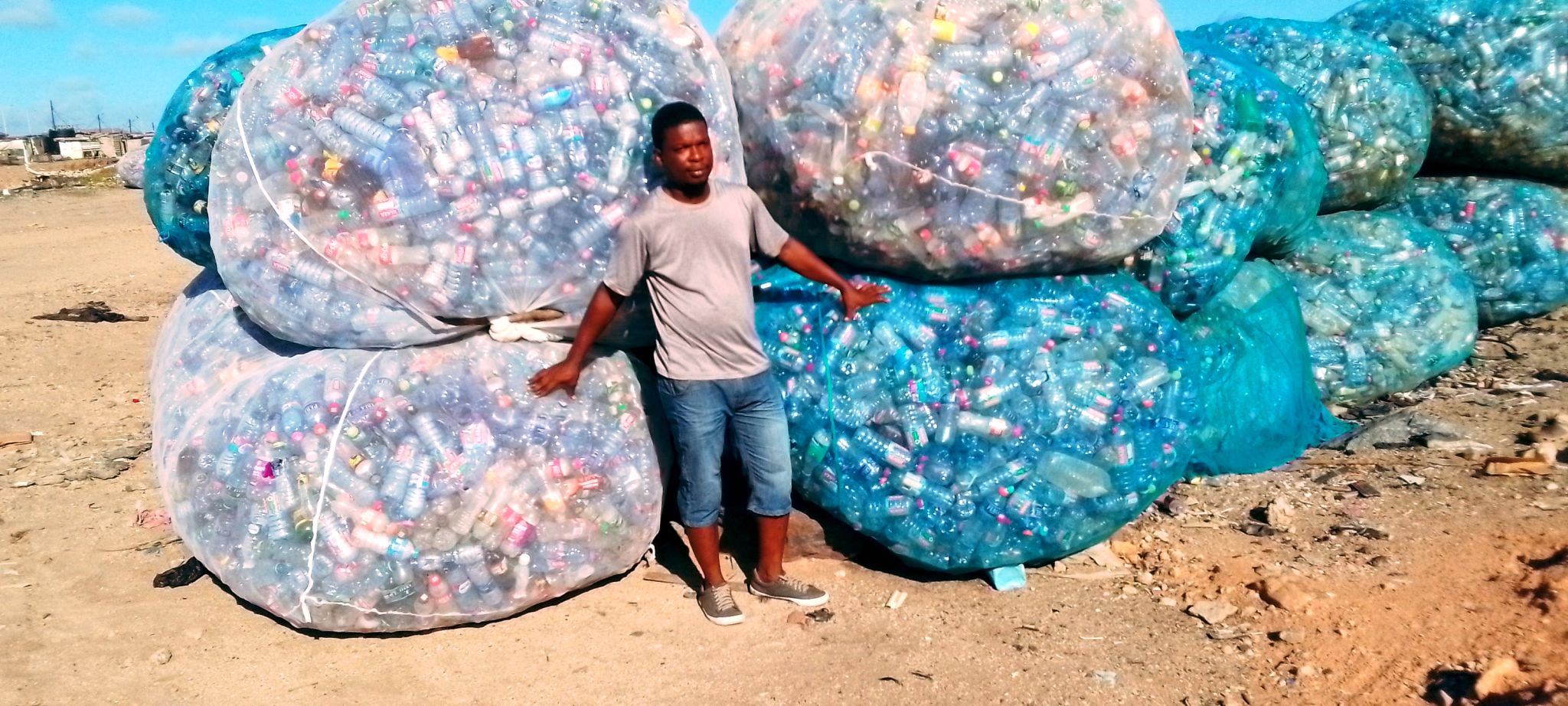Ghana's Battle with Municipal Solid Waste: Challenges and Solutions
Understanding the Scale of the Waste Problem
Ghana, like many other developing nations, faces a significant challenge in managing its municipal solid waste. The rapid urbanization and population growth have exacerbated the problem, leading to increasing amounts of waste being generated daily. Accra, the capital city, alone produces over 3,000 metric tons of waste every day, a figure that is both staggering and concerning.
Improper waste management can lead to severe environmental and health issues. The lack of efficient systems results in waste being dumped in open spaces, clogging drains, and causing flooding during the rainy season. Additionally, this mismanagement of waste can lead to the spread of diseases and contribute to climate change through the release of methane from decomposing organic waste.

Challenges in Waste Management
The challenges in managing municipal solid waste in Ghana are multifaceted. Firstly, there is a significant lack of infrastructure. Many urban areas do not have adequately equipped waste collection systems or properly managed landfill sites. This leads to illegal dumping and unsanitary conditions in many communities.
Another major challenge is the insufficient funding for waste management services. The financial constraints mean that local authorities struggle to provide regular waste collection services or invest in modern waste management technologies. Furthermore, there is a lack of awareness among citizens regarding proper waste disposal practices, leading to indiscriminate dumping of waste in public places.

Solutions and Innovations
Despite these challenges, there are several initiatives and innovations aimed at improving waste management in Ghana. These solutions focus on enhancing infrastructure, promoting recycling, and increasing public awareness about sustainable practices.
- Public-Private Partnerships: Collaborations between the government and private sector companies are essential. These partnerships can help fund waste management projects and introduce modern technologies for waste processing and recycling.
- Community Involvement: Encouraging community participation in waste management through education and awareness campaigns can lead to more responsible waste disposal practices.
- Recycling Initiatives: Developing recycling programs can significantly reduce the volume of waste going to landfills. Initiatives that encourage sorting at the source and promote the reuse of materials are vital.

Government and Policy Interventions
The Ghanaian government has recognized the urgency of addressing the waste management crisis and has introduced several policy measures aimed at improving the situation. The National Environmental Sanitation Policy is one such framework that outlines strategies for effective waste management across the country.
Furthermore, the government is working on improving regulatory frameworks to ensure compliance with sanitation standards. There is also an emphasis on research and development to explore innovative solutions tailored to Ghana's specific needs. However, consistent enforcement and monitoring remain crucial to the success of these policies.
The Role of Technology
Technology plays a significant role in modernizing waste management practices. In Ghana, new technological solutions such as digital platforms for waste collection scheduling and tracking are being explored. These platforms aim to optimize routes for collection vehicles, reducing fuel consumption and increasing efficiency.
Additionally, advancements in waste-to-energy technologies offer promising solutions for reducing landfill use while generating electricity. By converting organic waste into biogas, Ghana can address its energy needs sustainably while managing its waste effectively.

Conclusion
Ghana's battle with municipal solid waste is a complex issue that requires a multifaceted approach involving government policy, community engagement, and technological innovation. While challenges remain significant, the solutions being implemented provide a hopeful outlook for a cleaner and more sustainable future.
By fostering collaboration between various stakeholders and continuing to innovate, Ghana can transform its waste management system into one that not only addresses environmental concerns but also promotes economic growth through resource recovery and energy generation.
